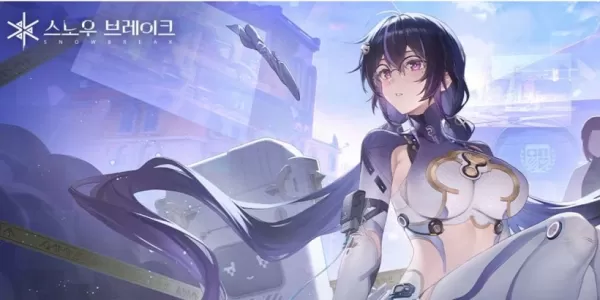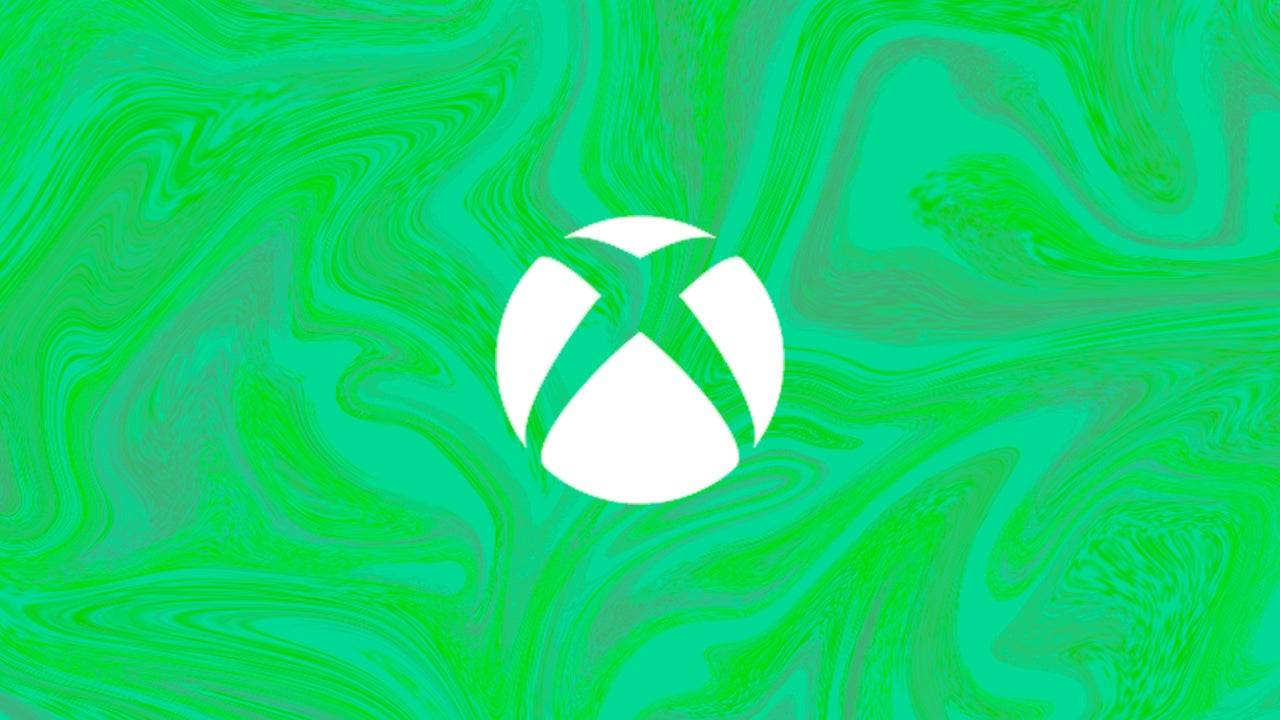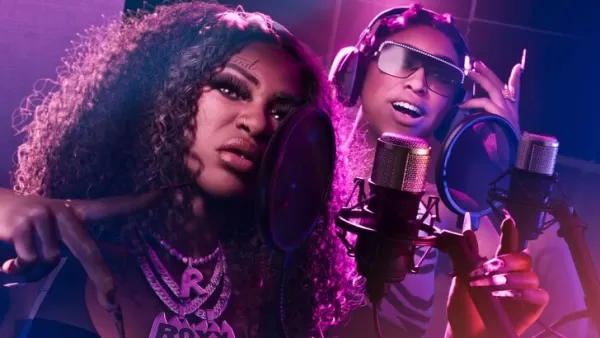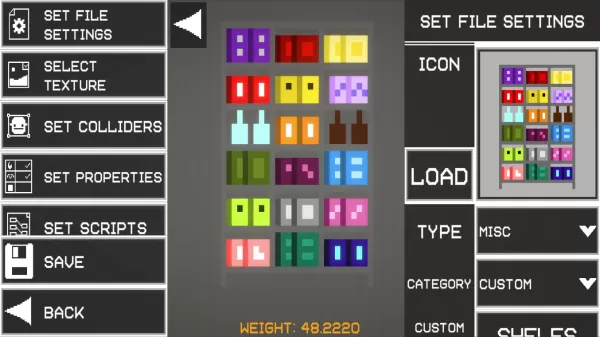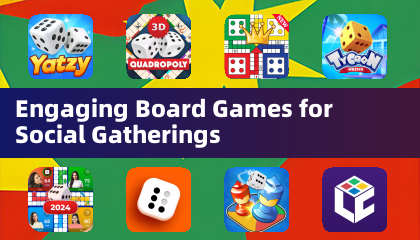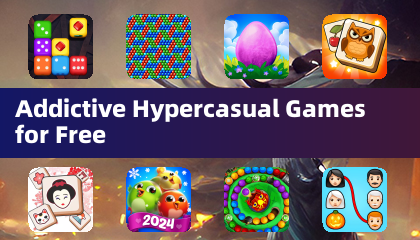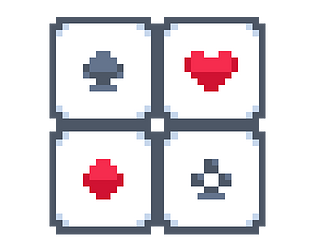Nintendo has a well-documented history of aggressively pursuing legal action against creators and users of emulators and piracy tools. In March 2024, the developers behind the Nintendo Switch emulator Yuzu were ordered to pay $2.4 million in damages after settling with Nintendo in court. This was followed by the cessation of development for the Switch emulator Ryujinx in October 2024 after receiving "contact from Nintendo." Additionally, in 2023, the developers of Dolphin, an emulator for Gamecube and Wii, were advised by Valve's lawyers against a full Steam release due to pressure from Nintendo.
Another high-profile case involved Gary Bowser, a reseller of Team Xecuter products that enabled users to bypass the Nintendo Switch's anti-piracy measures. In 2023, Bowser was charged with fraud and ordered to repay Nintendo $14.5 million, a debt he will service for life.
In a recent development, a patent lawyer representing Nintendo, Koji Nishiura, shed light on the company's stance on piracy and emulation at Tokyo eSports Festa 2025. Nishiura, the Assistant Manager of Nintendo's Intellectual Property Division, discussed the legal nuances surrounding emulators. He clarified that while emulators themselves are not inherently illegal, their use can become illegal if they involve copying a game's program or disabling a console's security mechanisms. This perspective is influenced by Japan's "Unfair Competition Prevention Act" (UCPA), which, despite being enforceable only in Japan, complicates Nintendo's ability to take legal action abroad.
A notable example discussed during the event was the Nintendo DS "R4" card, which enabled users to run pirated games on a single cartridge. After a legal battle involving Nintendo and 50 other software manufacturers, the sale of R4 cards was effectively outlawed in 2009 in Japan under the UCPA.
Nishiura also highlighted that third-party tools, referred to as "reach apps" in Japanese law, such as the 3DS's "Freeshop" and the Switch's "Tinfoil," which facilitate the download of pirated software within emulators, also infringe on copyright laws.
In the lawsuit against Yuzu, Nintendo highlighted that The Legend of Zelda: Tears of the Kingdom was pirated one million times. The lawsuit further alleged that Yuzu's Patreon page, which provided subscribers with "daily updates," "early access," and "special unreleased features" for games like Tears of the Kingdom, enabled its developers to earn $30,000 per month.
For more detailed insights into Nintendo's legal battles and the broader implications for the gaming industry, the report from Denfaminicogamer (via VGC) and the translation by Automaton offer valuable resources.

 LATEST ARTICLES
LATEST ARTICLES 